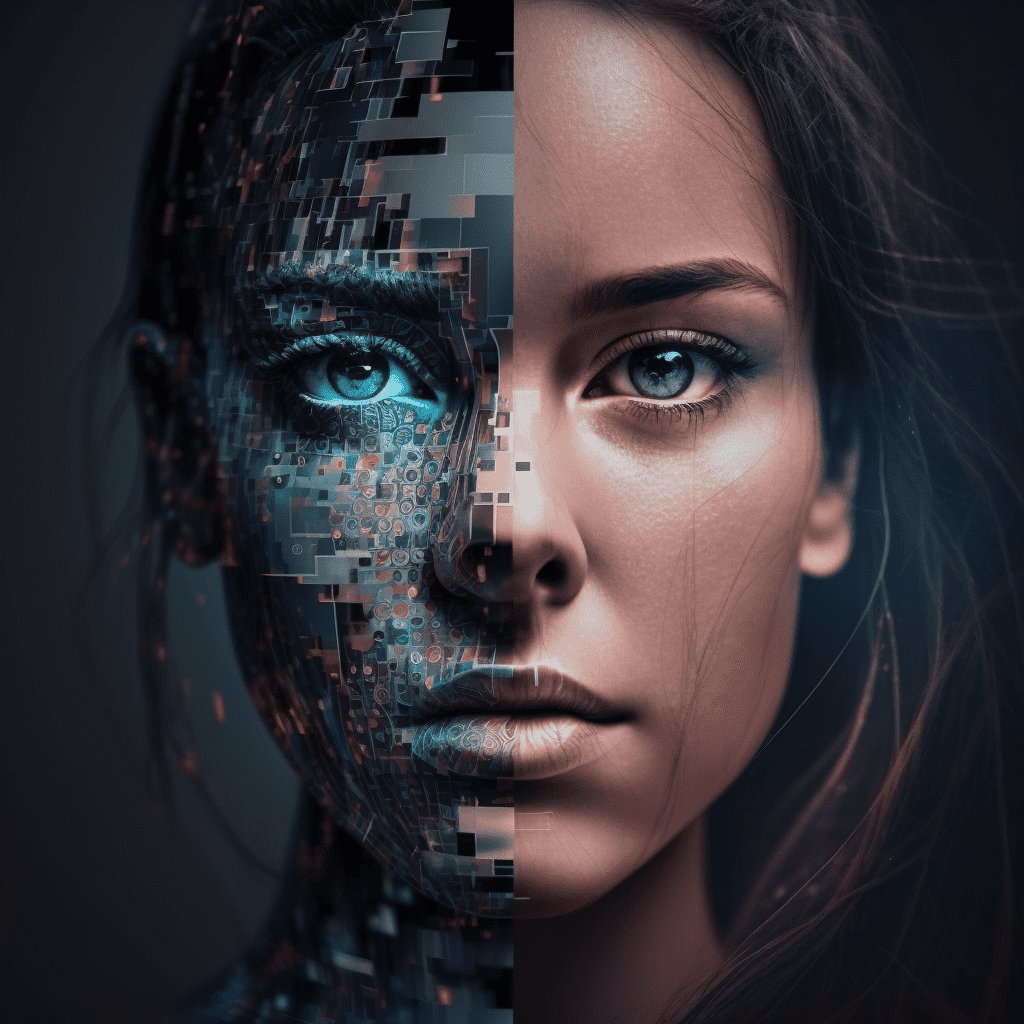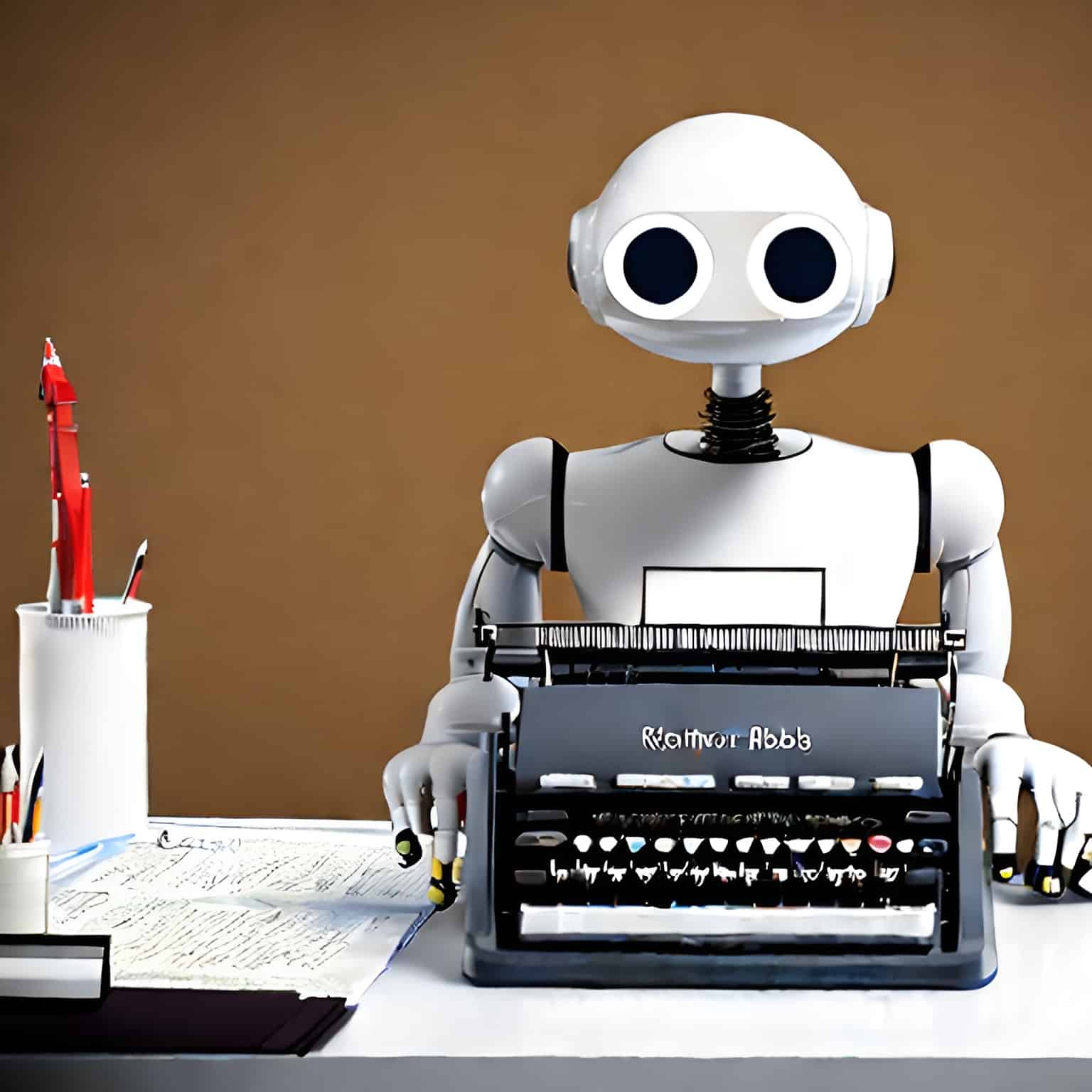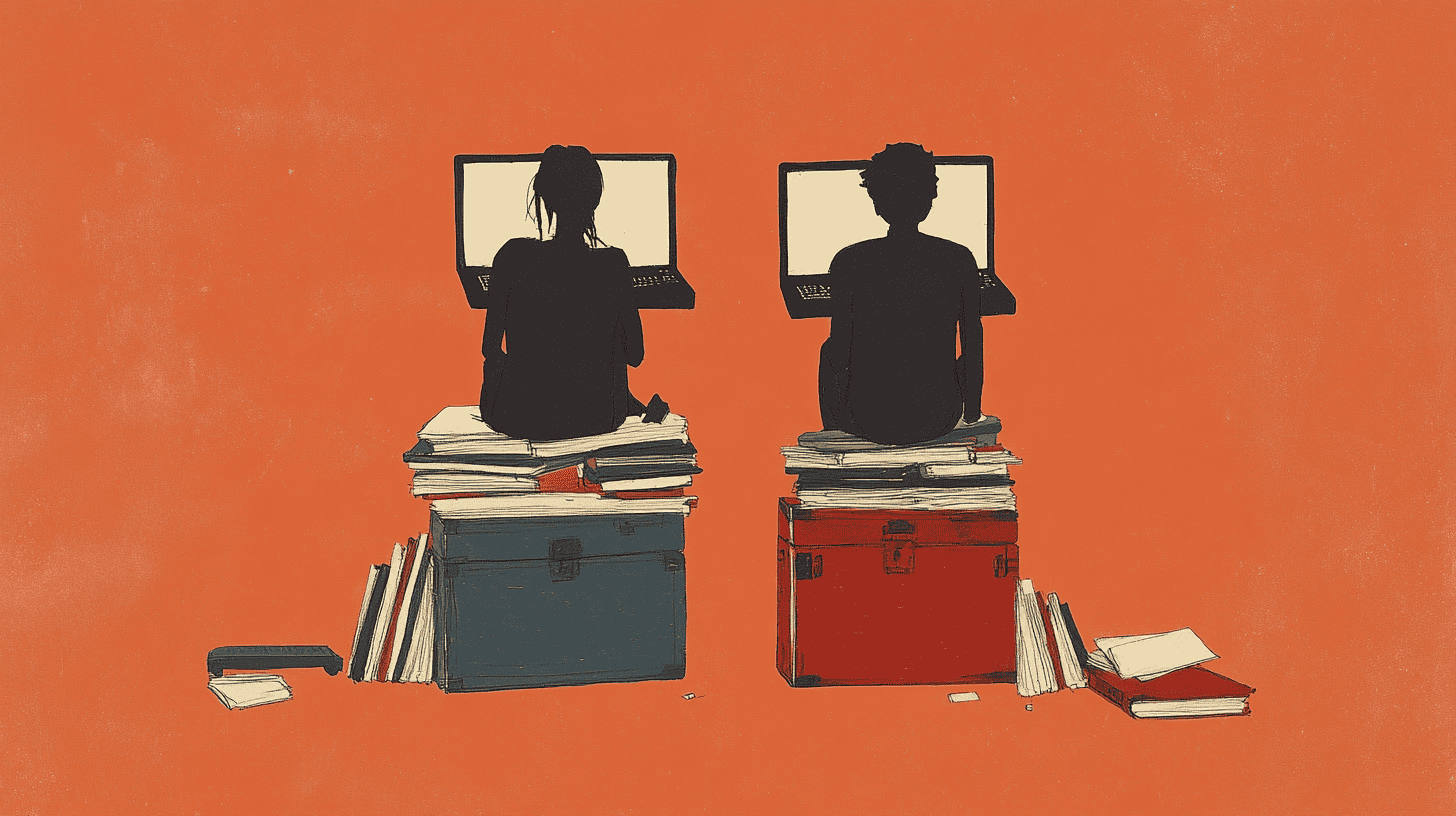
The rise of artificial intelligence (AI) has sparked debates over its impact on jobs, with experts predicting both job displacement and creation. By 2025, the World Economic Forum estimates 85 million jobs may be lost to automation and technology, while creating 97 million new roles. Shelly Palmer, a professor at Syracuse University, warns that professionals like middle managers, salespeople, and accountants could be “doomed” when AI is incorporated into their jobs. However, AI may also improve productivity. Despite concerns over AI replacing creative roles, some argue that it will enhance human capabilities, offering more opportunities for upskilling and job growth.
AI’s impact across industries
AI is predicted to have significant effects on various industries, both positively and negatively. For example, AI has replaced some low-level writing jobs, such as SEO text creation, but has also led to the emergence of new roles, like ‘prompt engineers’. In the automobile industry, while automation may displace some workers, it also creates jobs related to the development and maintenance of these automated systems.
AI’s impact on creativity is another area of concern. AI-composed music, such as Aiva, offers a cost-effective alternative to hiring human composers and artists, which may reduce opportunities for creatives. Similar issues have arisen in the art world, with artists like Karla Ortiz filing lawsuits against AI art companies for copyright infringement.
Successful AI integration and upskilling opportunities
There are several examples of successful AI integration in the workplace. Microsoft’s Copilot, an AI-powered code assistant, has proven to be a powerful tool for developers. AI has also improved efficiency in customer service, with a National Bureau of Economic Research study showing a 13.8% increase in chat handling per hour when agents were assisted by AI.

Upskilling and reskilling workers to adapt to the evolving AI landscape is essential. AI can enable professionals to focus on more creative and high-value tasks, providing opportunities for growth and development. In healthcare, AI can extend professionals’ capabilities in diagnosing, treating, and monitoring patients through AI-enabled analysis of medical records and data.
Preparing the workforce for AI integration
As AI continues to alter the job market, governments, educational institutions, and companies need to prepare the workforce for these changes. Initiatives and programs focused on AI education and training are crucial. For example, an article on rethinking exams and embracing the future of education discusses how education systems must adapt to equip students with the skills needed in the AI-driven job market.

Companies can also play a role in preparing their employees for AI integration. Establishing clear expectations, informing employees about AI usage, and regularly evaluating AI effectiveness can help workers adapt and grow with the technology.
Ethical concerns and potential negative consequences
AI integration in the workplace raises ethical concerns, such as AI bias. This occurs when AI algorithms perpetuate or amplify biases in historical data, leading to unequal treatment based on factors like sex, race, or religion. Measures to address these concerns include ensuring fairness, transparency, and auditing algorithms to rectify biases. Employers should also combine AI with human judgment in the recruitment process to minimize potential negative consequences.
Overall, the AI revolution presents both challenges and opportunities for the workforce. While some jobs may be displaced, new roles will emerge, and AI can improve productivity and enhance human capabilities. Preparing the workforce for these changes and addressing ethical concerns will be essential for a successful transition into the AI-driven future.








